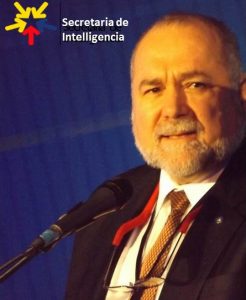What was the bottom line conclusion from your second graduate thesis?
Steele, Robert. National Security C3I3H3–Command, Communications, Computing, Inter-Agency, Inter-Disciplinary, Inter-Operability, Heuristics of the Community Intelligence Cycle, Norman, OK: University of Oklahoma, MPA Thesis.
NOTE: above link repaired. Here also is the direct PDF (109 Pages):
1987 MPA Thesis C3I3H3 Steele on Strategic Infomation Mismanagement
Dear Colleague,
My bottom line conclusion was this:
In US Embassies the diplomats are in the minority and do not have money for entertainment or buying open source information. The budget for entertaining and engaging foreigners is generally allocated 50% to the Ambassador, 25% to the chiefs of section, and 25% to the other officers. This means that the average diplomat can afford to host one reception every three months and very little else. The diplomats are out-numbered by singleton representatives from the various Cabinet Departments that do not trust the Department of State to represent them (which is particularly logical for law enforcement elements such as the DEA and FBI). The only people with real money to spend — no limits — are the spies but they demand that anyone they give money to be a traitor. Spies do not do open source intelligence in the field.
My most current work on where I wish to go is below.
Smart Nation Vision – By Invitation
SEE ALL
Note: Short URL for the entire series including new posts is
https://tinyurl.com/OSINT-India
See Also:




